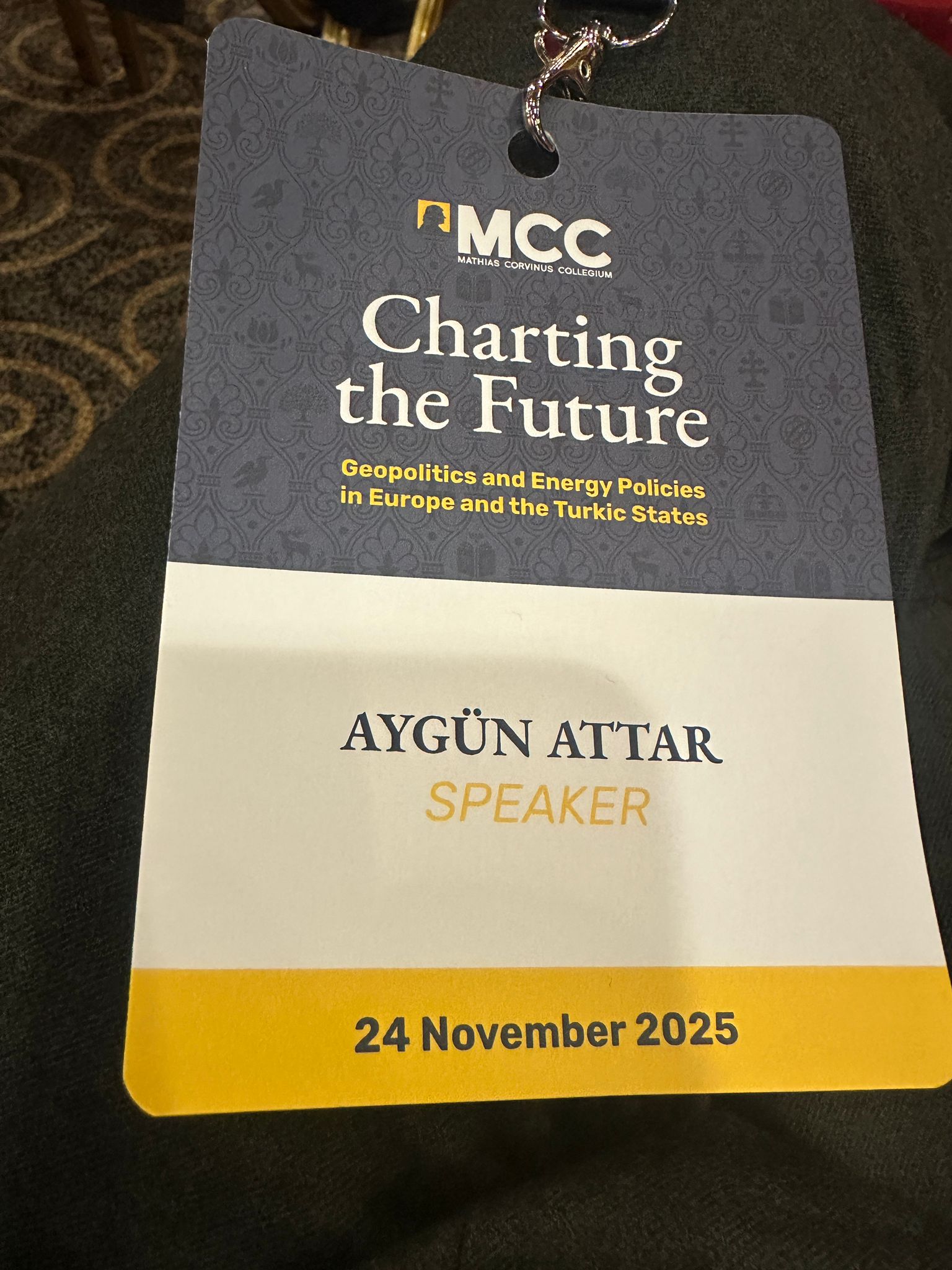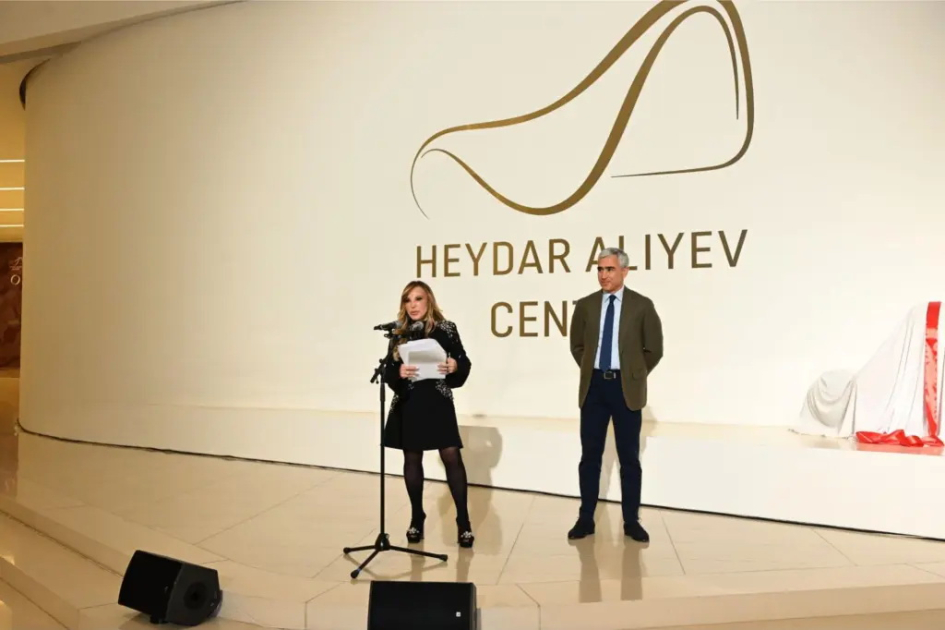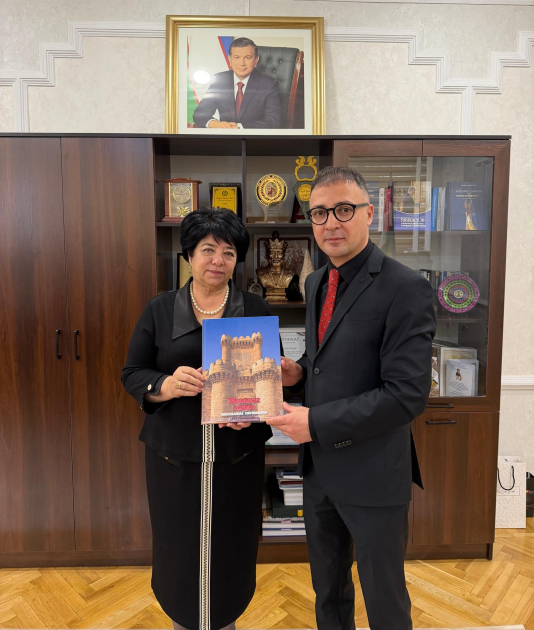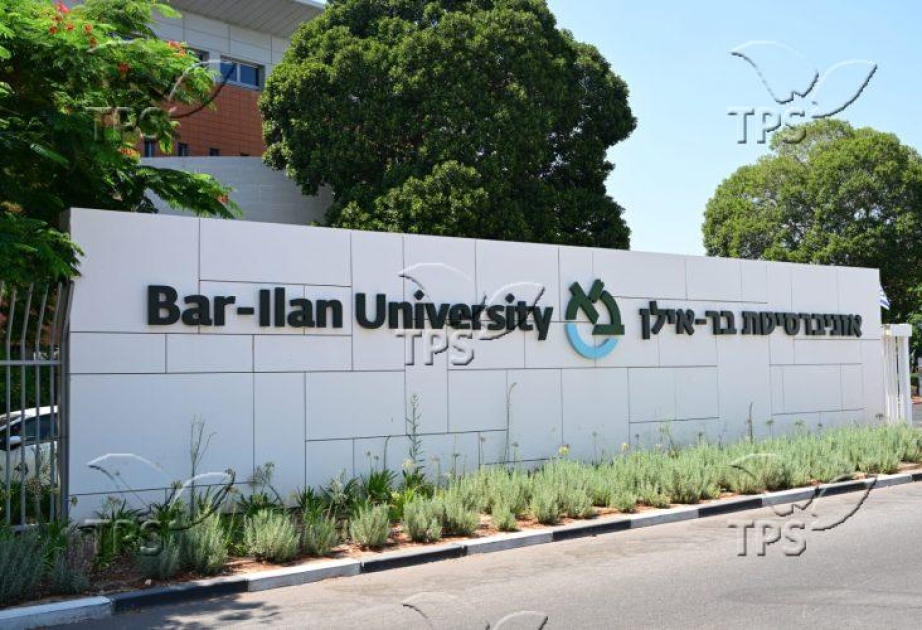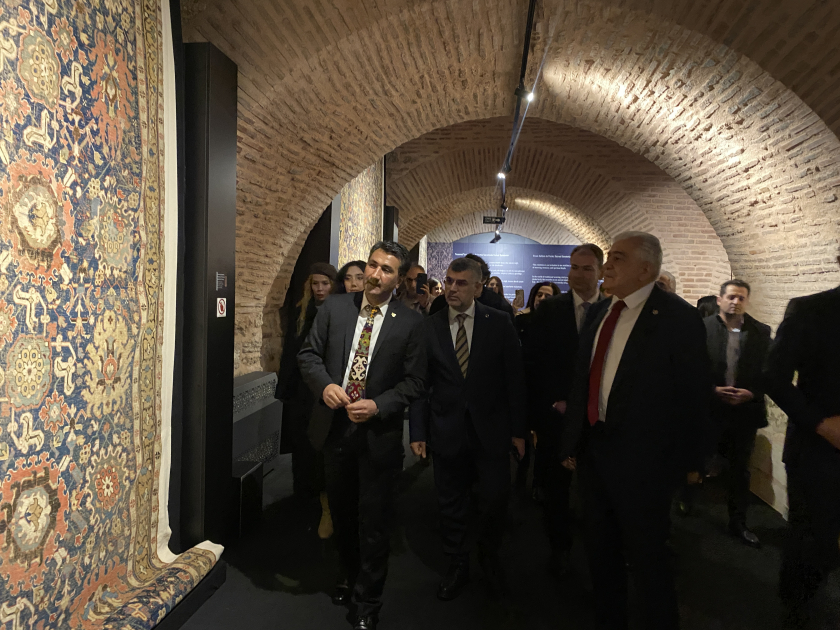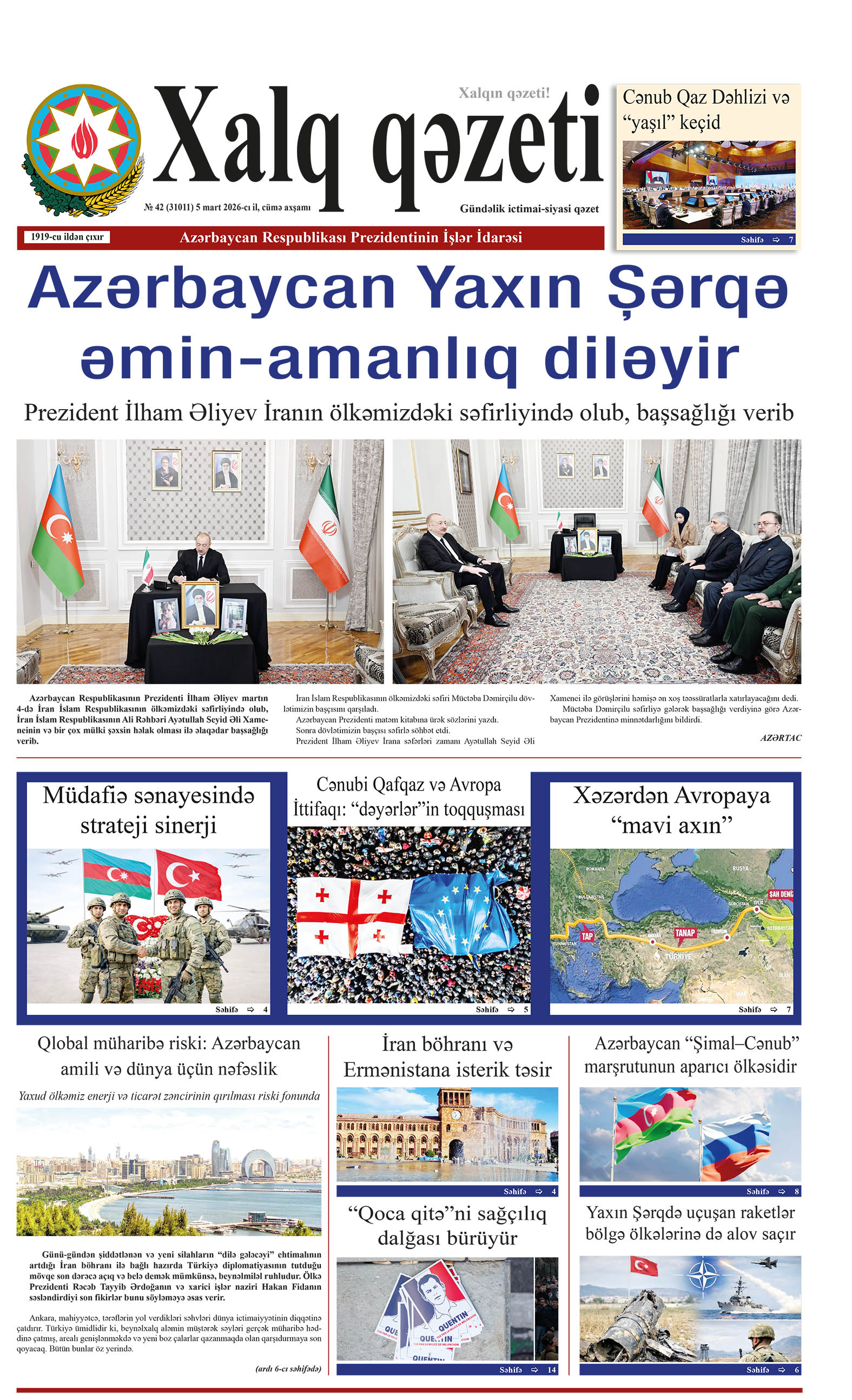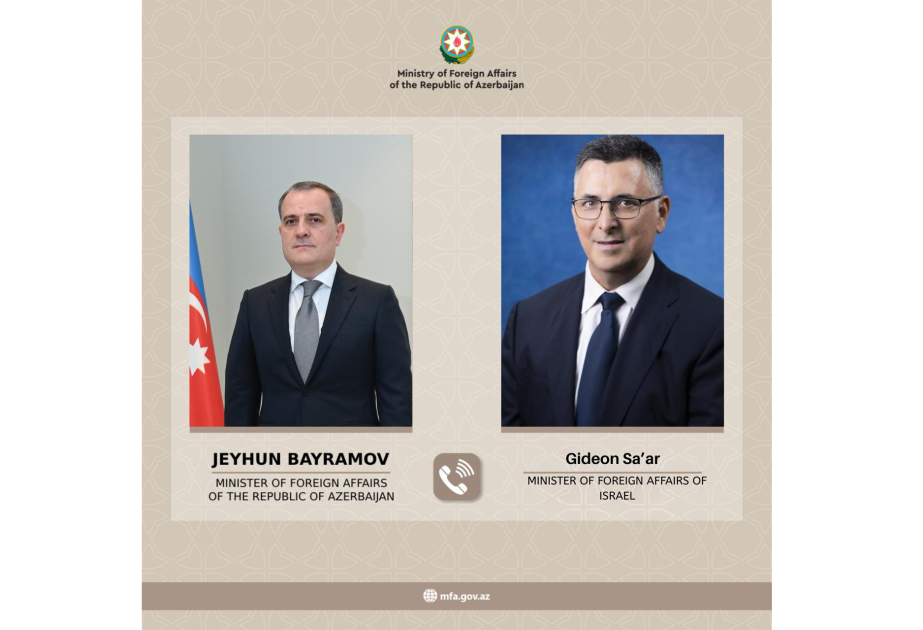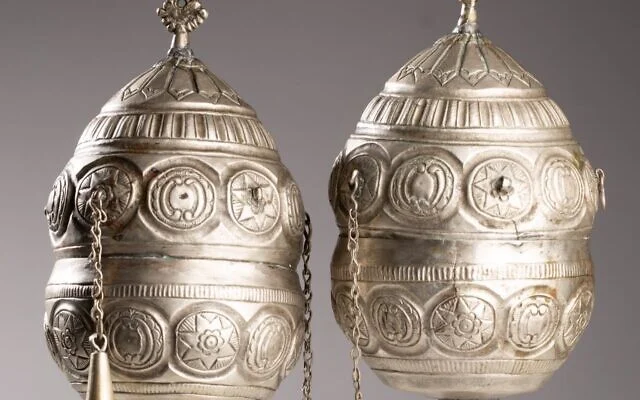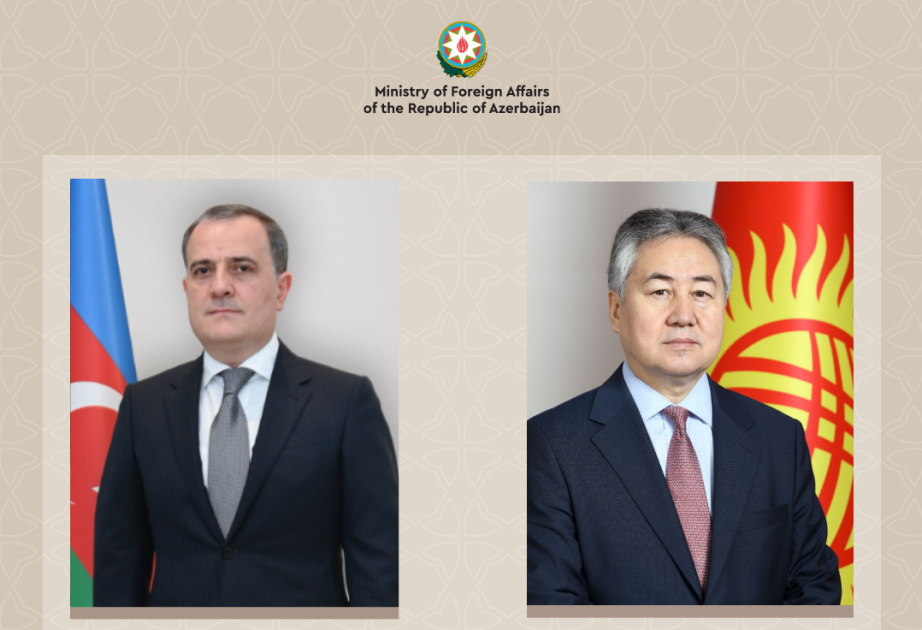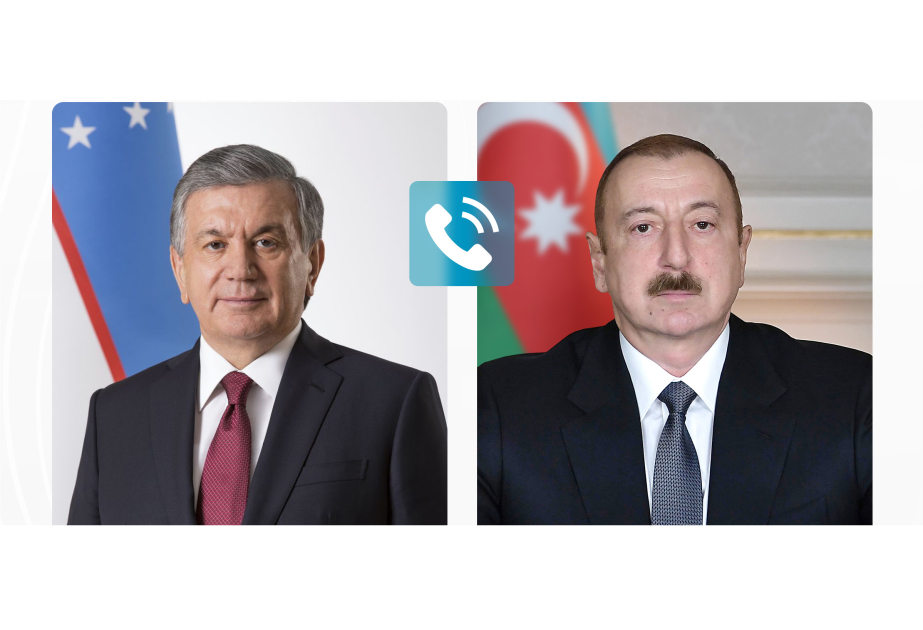Victory in Karabakh as a New Global Turning Point
On 24 November, at one of Hungary’s oldest educational institutions—the Matthias Corvinus Collegium in Budapest—a symposium titled “Geopolitics and Energy Policy of Europe and the Turkic States” was held.
As part of the event, Aygun Attar - Chairwoman of the Turkish-Azerbaijani Friendship and Cooperation Foundation and author of the first fundamental work on the 44-Day Patriotic War published abroad—delivered a presentation titled “Geopolitical Balances in the South Caucasus After the Victory in Karabakh and the Growing Role of Azerbaijan in Energy Policy.” We were able to speak with her immediately after the event.
– Ms. Attar, you have just spoken at an academic conference in Budapest, dedicating a significant portion of your address to the geopolitical character of the Caucasus. Let us start with the main question: in your view, what makes the Caucasus one of the most strategically sensitive regions on the planet?
— The Caucasus is more than a geographical space. It is a pivotal node of the planet where Eurasia, the Middle East, and the Black Sea region converge, and where energy, transport, and civilizational arteries intersect. When we read Brzezinski—his famous statement that the Caucasus is “a vital cork controlling the bottleneck of the Caspian and Central Asian riches”—it becomes clear why great powers have fought over this territory for centuries.
Today, these dynamics have not disappeared; they have simply transformed. Turkey, Russia, Iran, the United States, the European Union, and China - all are present here either directly or through projects and proxies. But most importantly, for the first time in decades the region has ceased to be an object and has become a subject, largely thanks to Azerbaijan, which restored its territorial integrity and became the architect of new links between East and West.
– In 2020, Azerbaijan achieved a historic victory in the 44-Day Patriotic War. Why did this victory become a “point of no return” in the balance of power in the South Caucasus?
— Because for the first time since the late 20th century, a country in the South Caucasus changed the regional map by its own capabilities, rather than becoming a passive witness as in the 1990s.
The Second Karabakh War marked a new stage in regional history and opened a new political era. It was the moment when nearly thirty years of occupation ended, justice was restored, and a new security architecture in the South Caucasus began to take shape. After the war, the old concept of a “frozen conflict” finally became obsolete.
A special place in this transformation belongs to the formation of the Turkish-Azerbaijani alliance, which evolved from emotional brotherhood into a clearly structured, documented political and military partnership. The Shusha Declaration became the symbol of this transitional historic milestone that institutionalized mutual support.
The Karabakh Victory gave a powerful impulse to the entire Turkic world. It inspired Turkic nations by demonstrating that unity, political will, and technological superiority can change the destinies of entire regions. For Turkey, it confirmed the effectiveness of its foreign policy; for Europe, it shattered long-standing stereotypes about the alleged “immutability” of the South Caucasus status quo.
The 44 days of war changed the geopolitical map of the region as radically as the fall of the Berlin Wall once changed the map of Europe. The South Caucasus entered a new reality—one shaped by the determination, strength, and strategic calculation of Azerbaijan under the leadership of President Ilham Aliyev.
– Today one of the most discussed initiatives is the Zangezur Corridor, also referred to as TRIPP. Some call it the “new Silk Road,” others “a nightmare for revisionists.” Why has this corridor become a source of both global interest and global concern?
The Zangezur Corridor is, in a sense, a mirror of the 21st century—reflecting the interests of all major powers. Its importance cannot be reduced to geography. It is a junction connecting the space from China to Europe, from the Caspian to the Mediterranean.
Its strategic value lies in the fact that the corridor:
- connects mainland Azerbaijan with Nakhchivan, forming a unified national contour;
- links Turkey with the Turkic world, strengthening a shared political and cultural space;
- consolidates the “Middle Corridor” China–Central Asia–Caspian–Europe;
- creates a genuine alternative to Russian and Iranian transport routes;
- becomes a tool for the United States in its competition with China’s Belt and Road Initiative;
- integrates Central Asia into European logistics through Baku.
But the key point is this: control over Zangezur means control over the entire Eurasian expanse between the oceans. This is why every major power seeks a favorable position.
- The United States sees the corridor as a way to limit Russia, Iran, and China.
- Russia seeks to preserve old transport configurations and to prevent new routes that bypass its territory.
- Iran fears the strengthening of the Turkic arc along its northern borders.
Zangezur is the axis around which Eurasian logistics, security, and politics are being restructured—and for the first time, this axis is being shaped not by empires, but by Turkic states, building their own network of connections from Anatolia to Altai.
– After the Great Karabakh Victory, Azerbaijan significantly strengthened its position not only in the region but also in Central Asia. The inclusion of Baku in the “Central Asia + Azerbaijan” format is called by many a geopolitical revolution. Why is this event so important?
— Because for the first time since the dissolution of the USSR, the Central Asian states collectively invited an external participant into their previously closed coordination format—and that participant was Azerbaijan.
This step was not just a political gesture. It was a recognition of Azerbaijan’s new status. The region saw in Azerbaijan:
- a proven force, demonstrated in Karabakh;
- a strategic logistical hub linking Central Asia with Europe;
- an independent foreign policy balancing Russia, China, and the West;
- a cultural and historical kinship with the Turkic world.
The inclusion of Azerbaijan strengthens the Middle Corridor, creates a unified Eurasian space for Turkic states, overcomes the “post-Soviet syndrome of isolation” that Central Asia long suffered from, and reduces dependence on Russia as the sole transit route.
To put it metaphorically:
Central Asia once looked only East and North—now it has a strong, rapidly growing western (Turkic) vector, and this vector is led by Baku.
– Many experts note today that Azerbaijan’s role is growing faster than that of any other post-Soviet country. What is the secret, in your opinion?
— The secret of Azerbaijan’s sustainable success lies in strategic patience, diplomatic precision, and a rare geopolitical self-sufficiency for this region. Baku does not join military blocs, does not allow itself to be used as an instrument of others’ games, and never builds foreign policy on emotion. It acts methodically, forming long-term ties that translate into real political and economic advantages.
One key direction is humanitarian diplomacy. From the first days of the war in Ukraine, Azerbaijan took a principled stand: the territorial integrity of states is non-negotiable. This was not merely a political gesture—it was an ethically sound message that strengthened Baku’s diplomatic authority and allowed it to remain one of the few regional actors respected by all sides of the conflict.
Another fundamental pillar is economic geopolitics. Azerbaijan has become a crucial element of Europe’s energy security: gas supplies, expansion of “green” electricity, and new infrastructure routes make Baku not simply a partner but a strategic resource for the EU. Both Europe and Ukraine openly support the growth of Azerbaijan’s energy presence, seeing in it a guarantee of stability.
Equally important is Turkic solidarity, which gained new structure after the Karabakh Victory. This triumph energized the entire Turkic world—from Ankara to Astana—strengthened ties within the Organization of Turkic States, and firmly established Azerbaijan as the connecting, cultural, political, and logistical center of the Turkic space.
As a result, a unique geopolitical configuration is emerging: Russia respects Azerbaijan’s real strength and independence; The European Union sees it as essential to energy security; The United States views it as a balancing force between Russia and Iran; Turkey regards it as a strategic ally and brother; Central Asian states see it as the logistical heart and their gateway to global markets.
Such confident yet flexible multivector policy exists nowhere else in the region.
Azerbaijan is transforming into a new point of attraction – where politics, economics, and culture converge into a unified, sustainable model of the future.
Abulfaz Babazadeh
Political Commentator and Analyst
Member of the Union of Journalists of Azerbaijan


.jpeg)
.jpeg)
